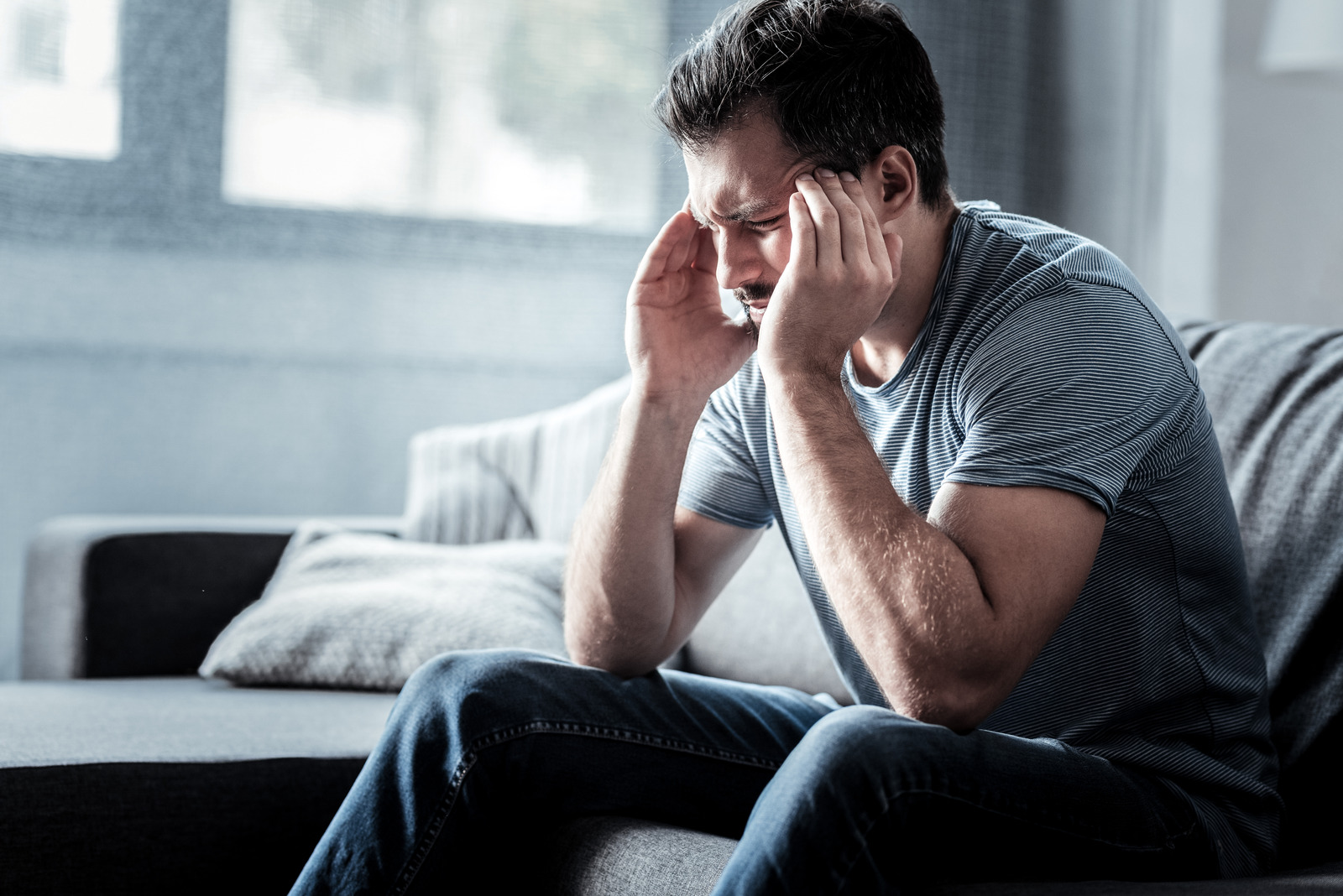
Table of Contents
Key Points
- During Baclofen withdrawal, individuals may experience various physical and psychological symptoms, including rebound muscle spasticity, anxiety, insomnia, and seizures, with severity and duration influenced by dosage, duration of use, and overall health.
- Baclofen is a medication targeting the neurotransmitter GABA, acting as a muscle relaxant for conditions like multiple sclerosis and cerebral palsy, but it's not an opioid or controlled substance.
- Although Baclofen is not considered addictive in the traditional sense, like opioids, discontinuing or improperly using Baclofen can still lead to dependence and withdrawal symptoms, emphasizing the importance of adhering to medical guidance.
- Signs of Baclofen withdrawal include rebound muscle spasticity, anxiety, hallucinations, seizures, confusion, sweating, headaches, insomnia, nausea, vomiting, and changes in heart rate and blood pressure.
- Managing Baclofen withdrawal can require medical support to ensure your overall safety.
Understanding the signs and symptoms of Baclofen withdrawal can be important for individuals prescribed this medication for muscle spasms and stiffness. As Baclofen affects the central nervous system, a discontinuation or reduction of dosage can lead to withdrawal symptoms, which can be both uncomfortable and potentially damaging.[1]
During Baclofen withdrawal, you may experience a range of physical and psychological symptoms, including rebound muscle spasticity, anxiety, insomnia, and seizures.[2] These symptoms can vary in severity and duration, depending on factors such as your individual dosage, duration of use, and overall health.
What is Baclofen?
Baclofen is a medication that acts on the nervous system, specifically targeting the neurotransmitter gamma-aminobutyric acid (GABA). It modulates GABA receptors, leading to a reduction in nerve activity and muscle tone. This mechanism of action allows Baclofen to function as a muscle relaxant, alleviating muscle stiffness and spasms.
Baclofen is not an opioid and is not classified as a controlled substance.[4] However, it has the potential for misuse due to its effects on the central nervous system and other side effects. While not addictive in the same way as opioids, some individuals may misuse Baclofen for its sedative properties or to experience a sense of relaxation.
This misuse can lead to dependence and withdrawal symptoms if the medication is abruptly stopped. Therefore, it’s essential for individuals prescribed Baclofen to use it as directed by their healthcare provider and to be aware of the risks associated with its misuse.
What is Baclofen Used For?
Baclofen is primarily prescribed to alleviate muscle spasms and stiffness associated with various neurological conditions, including multiple sclerosis, spinal cord injuries, and cerebral palsy.[5] By targeting GABA in the nervous system, Baclofen helps to modulate nerve activity and reduce muscle tone, resulting in muscle relaxation. This medication is often part of a comprehensive treatment plan to improve mobility and alleviate discomfort in individuals affected by these conditions.
Can Baclofen Be Abused?
While Baclofen is not classified as a controlled substance and does not produce the same euphoric effects as opioids or other recreational drugs, it can still be abused.[6] Some individuals may misuse Baclofen for its sedative properties or to experience relaxation. This misuse can involve taking higher doses than prescribed, taking the medication more frequently than recommended, or using Baclofen without a legitimate medical need.
Abusing Baclofen in this manner can lead to dependence, tolerance, and withdrawal symptoms if the medication is abruptly stopped. Therefore, it’s crucial for individuals prescribed Baclofen to use it only as directed by their healthcare provider and to be aware of the risks associated with its misuse.
What are the Symptoms of Baclofen Withdrawal?

- Rebound muscle spasticity: Increased muscle stiffness or spasms previously controlled by Baclofen.
- Anxiety or agitation: Feelings of nervousness, restlessness, or unease.
- Hallucinations: Sensory perceptions or experiences that are not based on reality.
- Seizures: Abnormal electrical activity in the brain resulting in convulsions or loss of consciousness.
- Confusion or disorientation: Difficulty thinking clearly or understanding one’s surroundings.
- Hyperthermia: Excessive sweating and fever or elevated body temperature.
- Headaches: Persistent or severe headaches.
- Insomnia: Difficulty falling asleep or staying asleep.
- Nausea and vomiting: Feelings of queasiness or vomiting.
- Hypertension and Tachycardia: Increased heart rate and elevated blood pressure.
How Can Baclofen Withdrawal Be Managed?
Managing Baclofen withdrawal involves a comprehensive approach aimed at minimizing symptoms and ensuring your safety and well-being.[8] Healthcare providers typically recommend a gradual tapering of the medication rather than abruptly stopping it to reduce the risk of severe withdrawal symptoms.
This gradual reduction allows the body to adjust to lower doses of Baclofen over time, minimizing the intensity of withdrawal effects. Medical supervision is crucial during this detox process, especially for individuals with a history of dependence or other medical conditions that may complicate withdrawal.
In addition to tapering, healthcare providers may prescribe medications to alleviate specific withdrawal symptoms. Muscle relaxants may be prescribed to manage rebound muscle spasticity, while anti-anxiety medications can help alleviate feelings of anxiety or agitation.
In cases where seizures occur, anticonvulsant medications like benzodiazepines may be necessary to prevent further complications. Providing a supportive environment is also essential during Baclofen withdrawal syndrome, with adequate rest, hydration, and nutrition contributing to overall well-being.
Psychological support can also play a vital role in managing Baclofen withdrawal, as individuals may experience emotional distress such as anxiety or depression during this time. Counseling and therapy are also viable treatment options and can help individuals cope with these psychological symptoms and improve mental health while developing strategies for managing stress and emotions.
Healthcare providers closely monitor individuals throughout the withdrawal process, adjusting treatment to address emerging symptoms or complications. Follow-up care is also provided to ensure the individual’s continued progress and recovery.
Frequently Asked Questions
Below are some of the most frequently asked questions regarding Baclofen withdrawal
OCEAN RECOVERY EDITORIAL GUIDELINES
The internet contains a vast amount of misinformation, but when it comes to your health only peer reviewed, research centered data matters. At Ocean Recovery, all content published throughout our website has been rigorously medically reviewed by a doctorate level clinician, and cross checked for medical accuracy. Our editorial process helps our readers trust that the information they are consuming is factual and based upon scientific data. Your health is our top priority, find out more about how we safeguard the integrity of information on our website. Read More About Our Process




